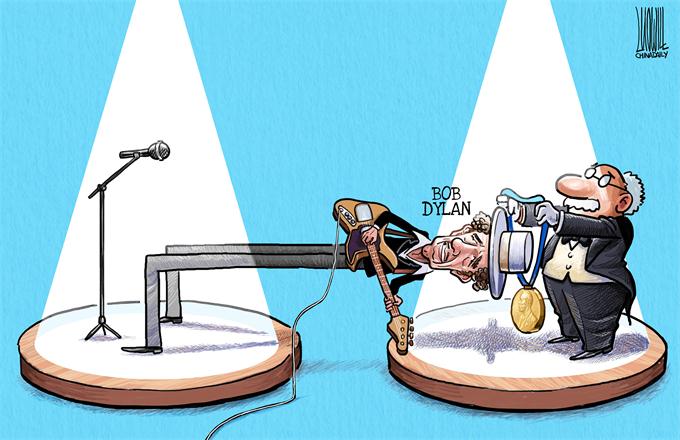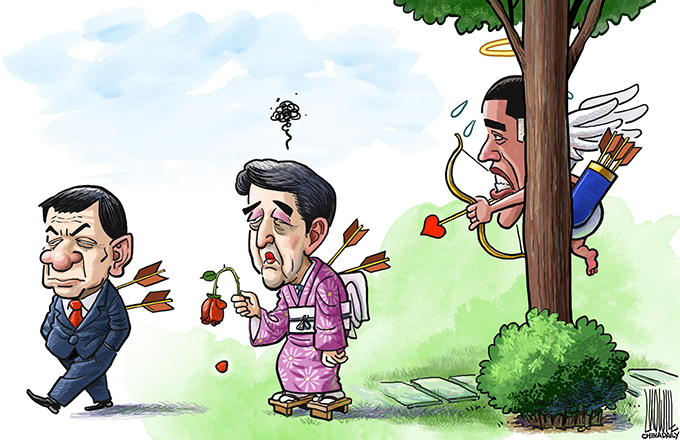Reform land expropriation system for new urbanization
As the phrase "new urbanization" becomes popular with governments, we need to ask if it is the right time for China to talk about new urbanization, says an article in the 21st Century Business Herald. Excerpts:
More than 50 percent of the Chinese population now lives in urban areas. But people with legal residence permits only account for 40 percent of the Chinese population. So the real urbanization ratio of China is lower than 40 percent, much lower than the average 80 percent level of developed countries.
One thing for sure is that China's urbanization lags behind the country's industrialization. The migrant workers living and working in cities should become new legal residents of the cities, who deserve better education, housing and medical care. These conditions are necessary to turn them into new quality laborers, real consumers and members of the middle class.
Many of them lose their land in their rural homes. The value-added of the land in the process of land use transformation should have been used to subsidize the new city residents.
But now, most of the added value is taken by local governments and real estate developers. Few farmers get what they deserve when they say farewell to their farmer identities. The local governments use this money to fill the financial gap for current city residents without benefiting the migrant workers as much as they are expected to.
There are so many ghost communities in Chinese cities because of the lack of home buyers. In fact, China has plenty of home buyers, but they do not have money. So they can only rent homes that form large patches of villages in the cities.
To some extent, the urbanization of China only moves the villages from outside the cities to the center of the cities, without granting the newcomers legal urban resident identities and treatment.
So the new urbanization cannot be realized if the government does not reform the land expropriation system.

















